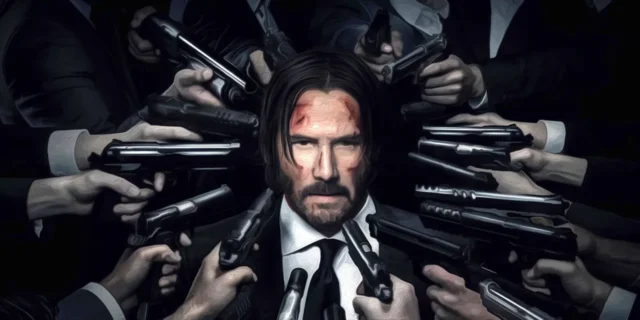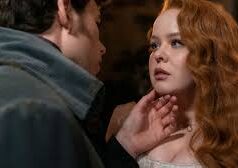He gallops into town, the mysterious foreigner with a murky history, and draws his Winchester quickly to put things right in the community. Or he may be a tough, gun-toting officer with a divorcée and a child he barely sees sometimes, but he saves a whole building’s worth of people from terrorists who have abducted them. He may also be a retiring ex-assassin who is reluctantly forced back into action when seasoned bad men reappear. He is the knight in somewhat tarnished armor who will save the day.
The nice man with the pistol serves as the foundation of Hollywood stories.
In 2018, sociologist Jennifer Carlson wrote for Vox, “Gun carriers perceive themselves as bravely straddling a moral zone of heroic violence.” “Neither aggressive criminals (the ‘wolf’ in gun culture vernacular) nor meek victims (the’sheep’),” she said. This citizen-protector ethic, she adds, “redefines men’s social utility to their families.”
In other words, for a lot of gun owners—who are mostly men—carrying a gun is a way to associate with that valiant ideal. Carlson came to this conclusion after researching the state of Michigan, where a strong concealed-carry gun culture has developed as a result of economic hardship, crime, and the perception of decline. Carrying a pistol was a means for many of the guys she spoke with to retaliate against the decline they witnessed in their surroundings.
She notes that guns allowed those men to “rework their personal codes about what it means to be a good man and transform lethal force from a taboo act of violence to an act of good citizenship,” noting that guns “become a powerful means of asserting oneself against the backdrop of socioeconomic decline, as an upstanding person, as a dutiful father, and even as a committed community member.”







